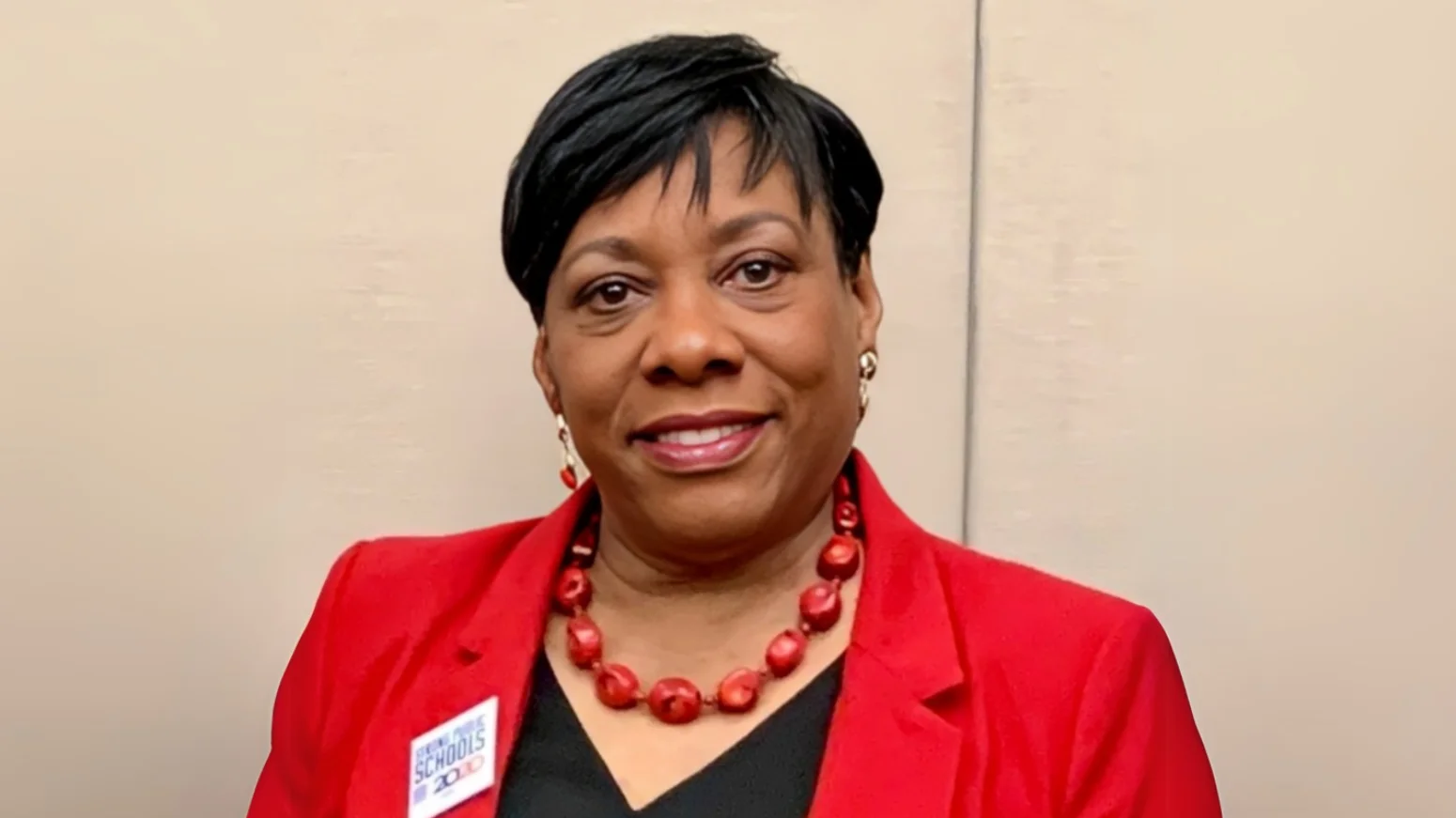
Connie Holthusen Senior Sales Manager | EdSurge Research
A recent Supreme Court ruling has sparked renewed debate over parental rights and the presence of LGBTQ+ themed books in school curricula. The court's decision came after parents in a Maryland school district filed a lawsuit challenging restrictions on withdrawing their children from classes that included storybooks featuring LGBTQ+ characters. The 6-3 ruling mandates that the district must inform parents when such books are scheduled for classroom use.
This case highlights ongoing disputes about the types of characters and perspectives children encounter in schools, particularly as challenges to books with themes related to racism and LGBTQ+ issues have increased. Experts suggest these actions form part of a broader campaign aimed at undermining public education.
Data from PEN America indicates that book bans exceeded 10,000 instances during the 2023-24 school year, affecting nearly 4,200 unique titles. The American Library Association found that only 16% of these bans were initiated by parental complaints, while 72% originated from pressure groups or officials. Notably, Florida and Iowa accounted for significant portions of these challenges due to state laws restricting materials addressing racial or LGBTQ+ topics.
The Escambia County Public Schools in Florida led the nation in book removals during this period, implementing expedited processes for banning books listed by the state. This trend is seen as part of larger efforts to reduce trust in public schools and promote private religious education through public funding.
Resistance to these bans is growing, with students and librarians advocating for free expression and opposing censorship. Legal challenges have been successful in several states, overturning laws perceived as infringing on First Amendment rights. Additionally, community opposition has led to political setbacks for proponents of book bans.
While some argue that book bans threaten libraries and access to information, opponents view them as tools used by certain political factions to destabilize democratic institutions.





 Alerts Sign-up
Alerts Sign-up